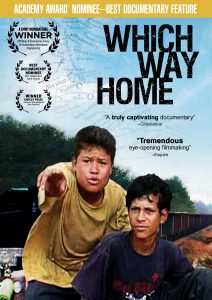“Yea.. well.. what’s crazy is how you still mess up.. it’s crazy how you you still-” Erik makes this statement to Richard on page 86 while describing the horror that was experiencing 9/11. Later we find that this is a loaded comment, implicitly hinting at Erik’s unfaithfulness to Deirdre. However it also is linked to a conversation between Erik and Aimee later on page 90:
Erik: “Don’t you think surviving that day means something?”
Aimee: “Because for me- hey -hey-hey, I’m telling you what I think, I think it means the two of us were in New York on a terrible morning./ That’s all…”
Deirdre confirms Aimee’s response, however claiming that her faith in God to forge the right path assures her that this event was predestined. These two viewpoints, of attaching meaning to catastrophes or dismissing it as nothing more than consequence, are reflected in real life too. So many miraculous stories of human strength emerge after being victims to events like 9/11, the Boston Bombings or school shootings. These individuals become awaken to a new responsibility to contribute to something ‘more’- yet the events that are required to propagate these changes come at much higher costs. Why are we unable to reach these levels of social commitment prior to life lost?
But it’s also impossible to ignore that we are subject to personal faults no matter what event had ‘purified’ us. Erik addresses this internal conflict, how his survivor’s responsibility is fighting his imperfections which were present even before 9/11 occurred. How ‘life-changing’ can an event be? How much does a person truly change?
Also, found this relevant passage from the book “Superforecasting: The Art and Science of Predicting” by Tetlock and Gardner:

On page 148, Tetlock states that “among survivors of the 9/11 attacks, for example, those who saw meaning in the atrocity were less likely to suffer post-traumatic stress responses.”


